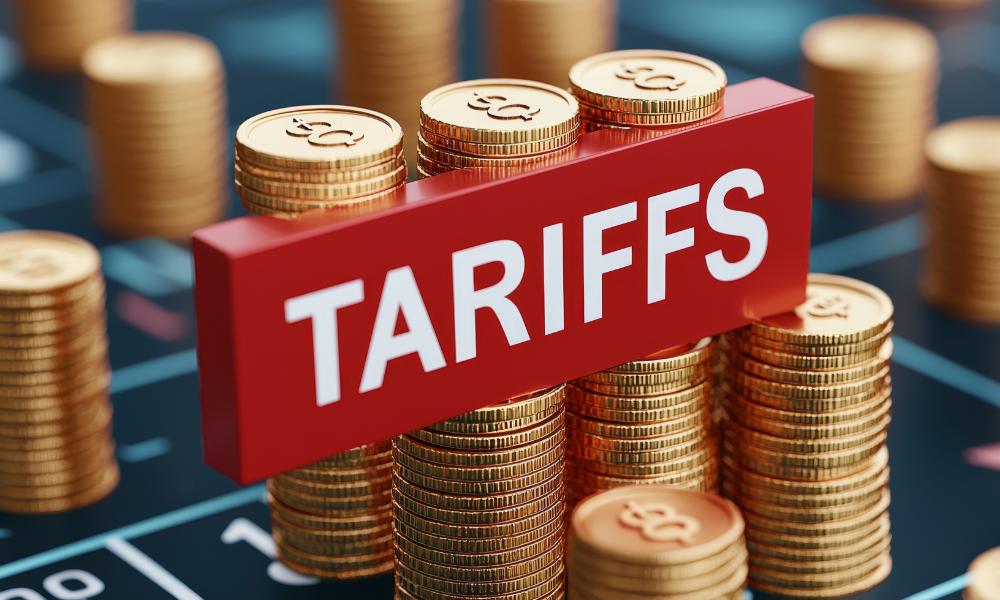

by Bloomberg News
While Americans doling out more for groceries and consumer goods would be the most probable outcome of President Donald Trump’s tariff hikes, it’s not the only one.
Consumers might, at times, find there are no goods to pay for as companies from Europe to Asia halt shipments of cars to video game consoles to the US. That follows Trump’s decision on Wednesday to slap new tariffs on imports from some 60 countries, including China and the European Union.
Here’s a look at what could go missing from American stores as businesses weigh the cost of additional tariffs, and mull reducing exposure to the market.
New Jaguar Land Rover vehicles may be hard to come by as the British carmaker said it’s putting exports on hold in April, as it deals with the new trading terms. Japan’s Nissan Motor Co. said it will stop selling two Mexican-built Infiniti sports utility vehicles in the US market.
Bloomberg News reported that Mercedes-Benz AG was considering withdrawing its least expensive cars from the US market as the new levies would make their sales economically unviable.
The bigger-than-expected import tax has also prompted Japan’s Nintendo Co. to delay the pre-order for its long-awaited Switch 2 gaming console. While the June 5 launch date remains unchanged, pre-orders for the device in the US won’t start on April 9 as originally planned. The company will announce a new date after assessing the potential impact of the tariffs and evolving market conditions, it said.
Award winning Japanese whiskeys may also run dry in the US, if Suntory Holdings Ltd. decides to divert products to Japan and other Asian markets if Trump’s tariffs make them too expensive for American consumers.
“If prices of Hibiki and Yamazaki become up too high for US consumers, we have an option of simply changing the target market,” Suntory President Nobuhiro Torii said in an interview. He noted that demand remains strong elsewhere, such as Asia and in Japan.
Copyright Bloomberg News

Can an annuity help your clients get there?

The leadership changes coming in June, which also include wealth management and digital unit heads, come as the firm pushes to offer more comprehensive services.

Strategist sees relatively little risk of the university losing its tax-exempt status, which could pose opportunity for investors with a "longer time horizon."

As the next generation of investors take their turn, advisors have to strike a fine balance between embracing new technology and building human connections.

IFG works with 550 producing advisors and generates about $325 million in annual revenue, said Dave Fischer, the company's co-founder and chief marketing officer.
RIAs face rising regulatory pressure in 2025. Forward-looking firms are responding with embedded technology, not more paperwork.
As inheritances are set to reshape client portfolios and next-gen heirs demand digital-first experiences, firms are retooling their wealth tech stacks and succession models in real time.
